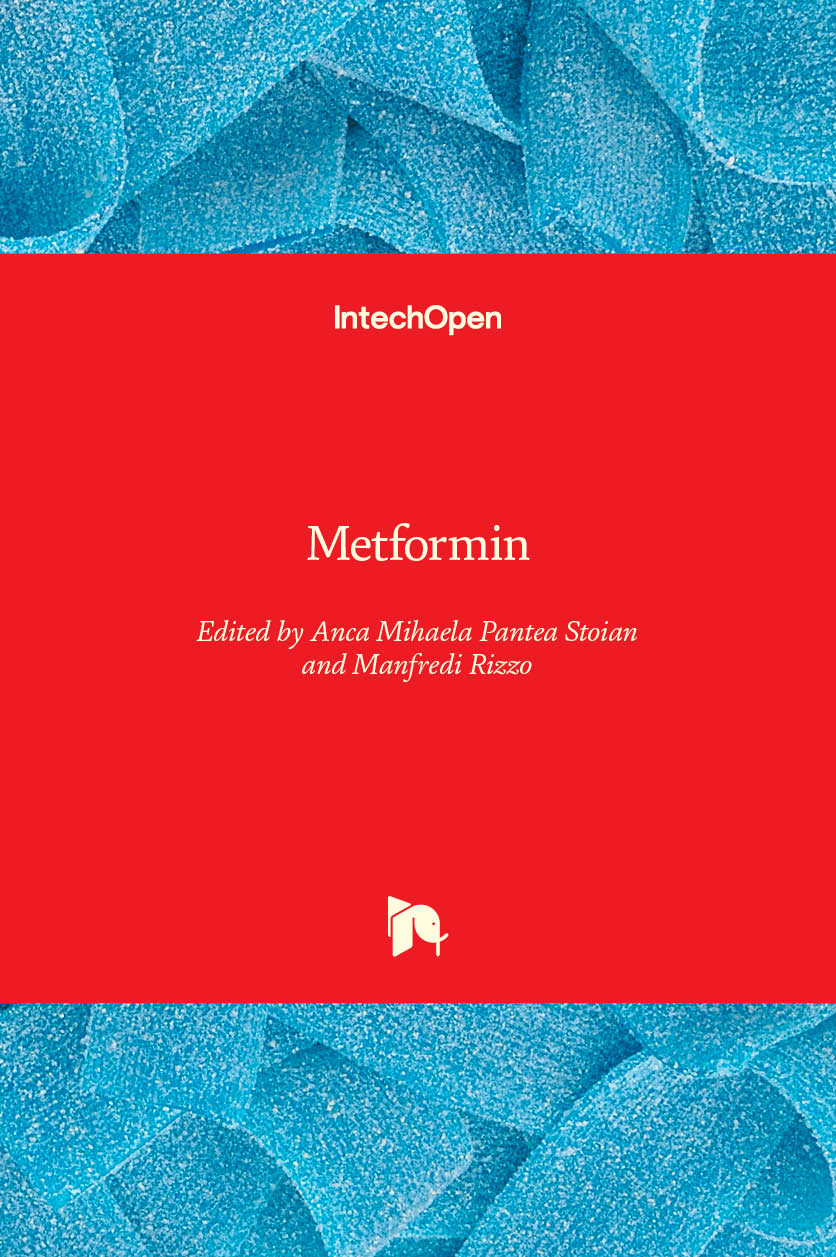Vince
Super Moderator
I was wondering if anyone had any thoughts on research (animal studies mostly) demonstrating that metformin treatment could increase A. muciniphila gut population....
Lee H, Ko G. Effect of metformin on metabolic improvement and gut microbiota. Appl Environ Microbiol. 2014 Oct;80(19):5935-43. doi: 10.1128/AEM.01357-14. Epub 2014 Jul 18. PMID: 25038099; PMCID: PMC4178684.
Zhou K. Strategies to promote abundance of Akkermansia muciniphila, an emerging probiotics in the gut, evidence from dietary intervention studies. J Funct Foods. 2017;33:194-201. doi:10.1016/j.jff.2017.03.045
The human gastrointestinal tract presents a vastly population of microorganisms, called the microbiota. The presence of these microorganisms offers many benefits to the host, through a range of physiological functions. However, there is a potential for these mechanisms to be disrupted condition, known as dysbiosis. Recent results are showing important associations between diabetes and the gut microbiota and how the intestinal flora can influence the prognosis of this illness. Microbial intestinal imbalance has been linked to alterations in insulin sensitivity and in glucose metabolism and may play an important role in the development of diabetes. Metformin is one of the most important and widely used first-line medications for the management of type 2 diabetes (T2D). It is a complex drug with multiple sites of action and multiple molecular mechanisms. In recent years, attention has been directed to other modes of action, other than the classic ones, with increasing evidence of a major key role of the intestine. By analysing the effects of metformin on the homeostasis of the microbiota of diabetes patients, our present topic becomes one of the major importance in understanding how metformin therapy can improve gut microbiota dysbiosis and thus provide a better outcome for this illness.

 www.intechopen.com
www.intechopen.com
Lee H, Ko G. Effect of metformin on metabolic improvement and gut microbiota. Appl Environ Microbiol. 2014 Oct;80(19):5935-43. doi: 10.1128/AEM.01357-14. Epub 2014 Jul 18. PMID: 25038099; PMCID: PMC4178684.
Zhou K. Strategies to promote abundance of Akkermansia muciniphila, an emerging probiotics in the gut, evidence from dietary intervention studies. J Funct Foods. 2017;33:194-201. doi:10.1016/j.jff.2017.03.045
The human gastrointestinal tract presents a vastly population of microorganisms, called the microbiota. The presence of these microorganisms offers many benefits to the host, through a range of physiological functions. However, there is a potential for these mechanisms to be disrupted condition, known as dysbiosis. Recent results are showing important associations between diabetes and the gut microbiota and how the intestinal flora can influence the prognosis of this illness. Microbial intestinal imbalance has been linked to alterations in insulin sensitivity and in glucose metabolism and may play an important role in the development of diabetes. Metformin is one of the most important and widely used first-line medications for the management of type 2 diabetes (T2D). It is a complex drug with multiple sites of action and multiple molecular mechanisms. In recent years, attention has been directed to other modes of action, other than the classic ones, with increasing evidence of a major key role of the intestine. By analysing the effects of metformin on the homeostasis of the microbiota of diabetes patients, our present topic becomes one of the major importance in understanding how metformin therapy can improve gut microbiota dysbiosis and thus provide a better outcome for this illness.

Chapter: Metformin and Its Benefits in Improving Gut Microbiota Disturbances in Diabetes Patients
The human gastrointestinal tract presents a vastly population of microorganisms, called the microbiota. The presence of these microorganisms offers many benefits to the host, through a range of physio












